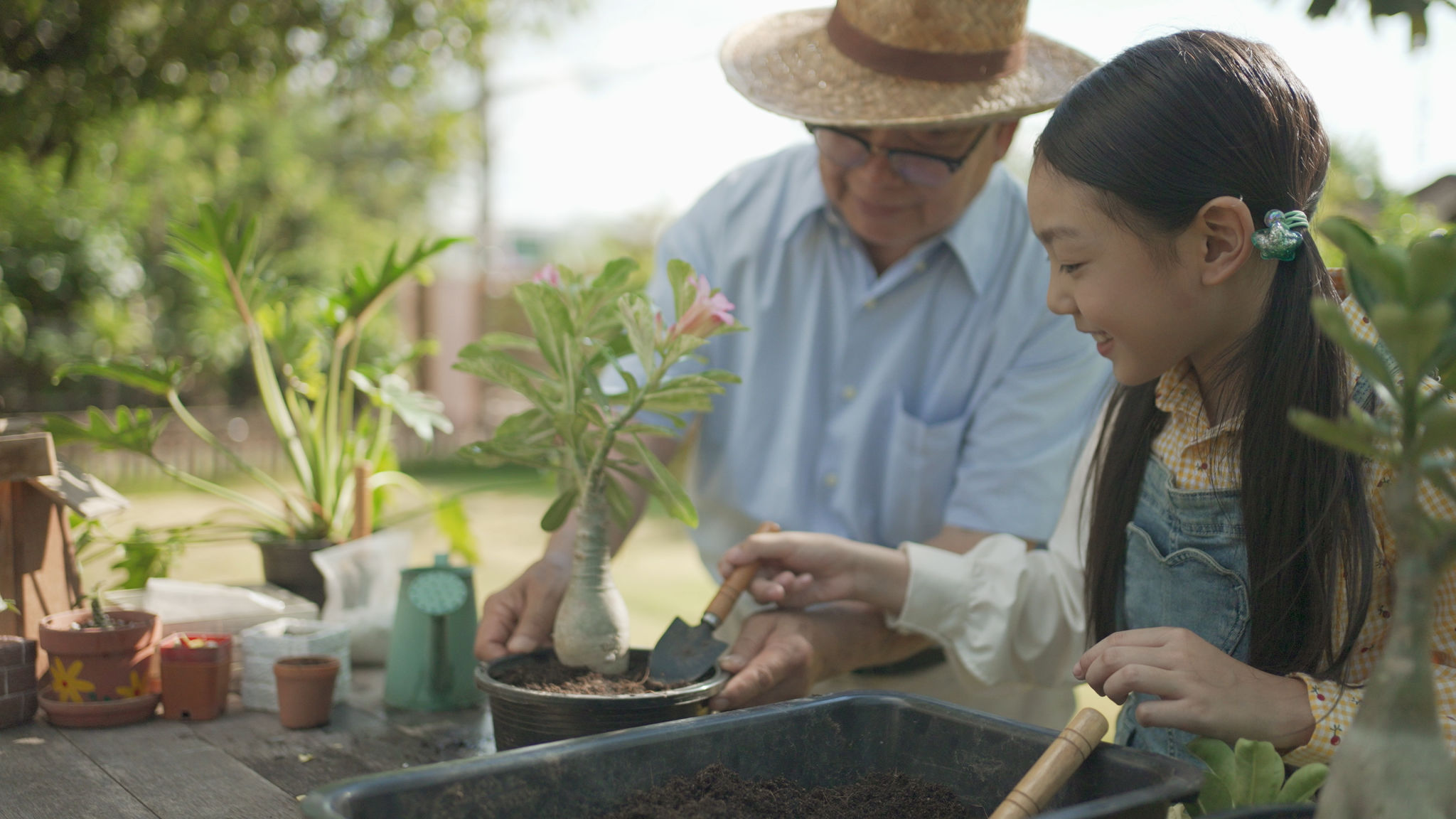How Seasonal Changes Affect Senior Care Needs in Ontario
Understanding the Impact of Seasonal Changes on Senior Care
The changing seasons in Ontario bring about a variety of challenges and considerations for senior care. As the weather shifts from warm to cold, and vice versa, it becomes crucial to adapt care practices to meet the evolving needs of seniors. Understanding these changes can help caregivers provide better support and improve the quality of life for elderly individuals.
One major consideration is the impact of temperature fluctuations on seniors' health. Cold winters can exacerbate conditions like arthritis, while hot summers may lead to dehydration or heat exhaustion. Thus, it is essential to adjust living environments and ensure that seniors have access to appropriate clothing and temperature-controlled settings.

Adjusting Daily Routines with the Seasons
Daily routines often need to be modified with each season. During the winter months, shorter daylight hours and icy conditions can limit outdoor activities, necessitating more indoor engagement. This can mean planning more indoor exercises or social activities to maintain physical health and reduce feelings of isolation.
In contrast, the warmer months provide opportunities for outdoor activities, which are beneficial for both physical and mental health. Encouraging seniors to spend time in nature, whether it's through gardening or leisurely walks, can help improve mood and overall well-being.

Nutritional Needs and Seasonal Produce
Seasonal changes also affect dietary needs and availability of fresh produce. During winter, the focus might shift to warmer meals that provide adequate nutrition and comfort. Soups, stews, and casseroles can be nourishing choices during colder months.
Spring and summer bring an abundance of fresh fruits and vegetables, providing an excellent opportunity to incorporate more vitamins and minerals into seniors' diets. Encouraging a balanced diet that aligns with seasonal availability can play a significant role in maintaining health.
Ensuring Safety in All Seasons
Safety concerns vary with the seasons. Winter conditions require vigilance against slips and falls due to ice and snow. Ensuring clear pathways and proper footwear is vital. Additionally, installing handrails and ensuring adequate lighting can further enhance safety.
Summer safety involves protecting seniors from sun exposure and heat-related illnesses. Providing shaded areas, ensuring hydration, and scheduling outdoor activities during cooler parts of the day are important strategies.

Emotional Well-being Throughout the Year
Seasonal changes can also impact emotional well-being. The winter months may lead to seasonal affective disorder (SAD) in some seniors, necessitating increased social interaction and possibly light therapy. Keeping communication open and encouraging participation in social activities can help alleviate feelings of depression.
In the spring and summer, the longer days and vibrant environment often have a positive impact on mood. This is a great time to encourage participation in community events or hobbies that promote socialization and engagement.
Conclusion: Adapting Senior Care for Optimal Health
Addressing the changing needs of seniors with each season is essential for ensuring their health, safety, and happiness. By being proactive and adjusting care strategies according to seasonal demands, caregivers can provide comprehensive support that enhances seniors' quality of life throughout the year.
